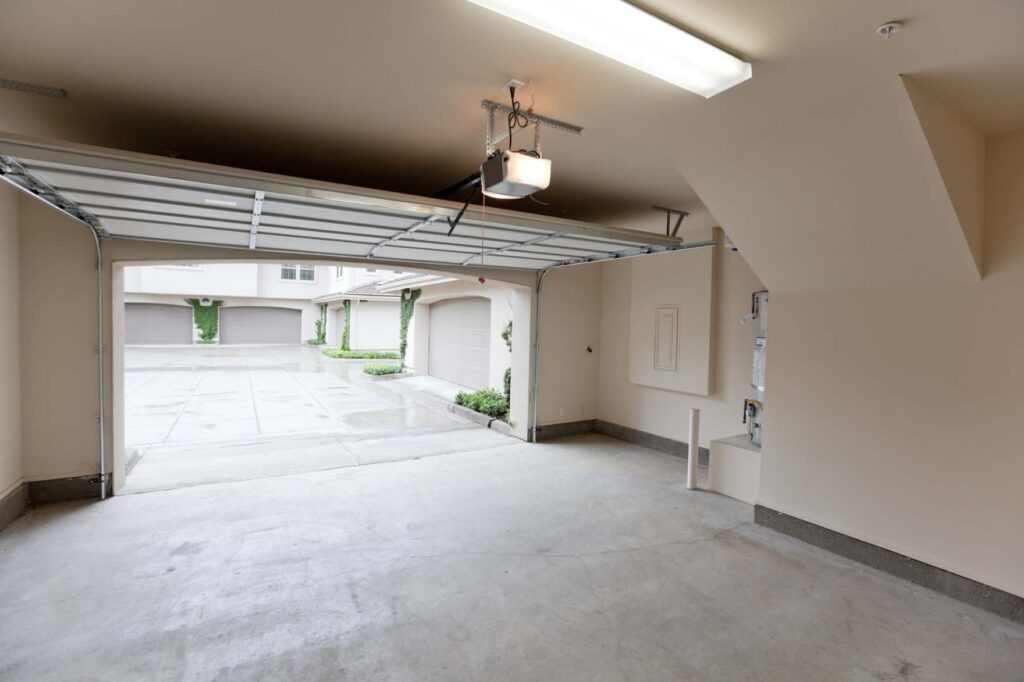How Thick to Make a Concrete Garage Floor
Pouring concrete might seem straightforward, but determining the right thickness for your garage floor matters more than you’d think. Whether you’re planning a clean, functional workspace or simply want your garage to hold up under the weight of daily use, the slab sets the tone. In Florida’s heat and humidity, choosing the right thickness—and protecting it with a concrete floor coating—is a smart investment.

The Average Garage Floor Thickness in Florida
Most Florida homes are built with a standard 4-inch concrete slab in the garage. That’s thick enough to support a car and handle residential storage needs. However, professional workshops or places with heavier loads from large trucks or equipment may require 6- to 9-inch thick slabs.
Factors Influencing Slab Thickness
Several key factors determine how thick a concrete slab should be:
- Load-bearing requirements: A standard daily-use car might be no problem for a 4-inch concrete slab, but if you have a large garage for parking a tractor or RV, you may need a thicker slab to handle the weight without cracking.
- Reinforcement options: Adding wire mesh or rebar boosts strength and longevity. Reinforced concrete flooring controls cracking when the pressure mounts.
- Soil and ground conditions: Florida’s moist, shifting soil means the ground underneath needs proper base prep, like compacted gravel and grading, to support the slab properly.
- Climate effects: Coastal humidity, occasional freezes, and rain-driven moisture change how concrete behaves. Thicker, reinforced slabs resist cracking from expansion and contraction cycles.
Recommended Thickness for a Garage Floor Slab
Here’s what may work best, depending on how you use your space:
- Vehicle storage and light residential use: A 4-inch slab meets basic garage floor thickness standards. Add wire mesh or an inch or two of thickness for particularly heavy loads or specific requirements.
- Commercial trucks or high-capacity use: A slab 6 to 9 inches thick with structural reinforcement delivers maximum strength and durability in settings with increased load-bearing requirements.
Why Every Garage Floor Should Have a Protective Coating
Once a slab of the proper thickness is poured and cured, the next step is to protect it. A professional floor coating makes your garage easier to clean, safer to walk on, and far more resistant to stains, crumbling edges, and cracks. It doesn’t matter how thick you pour the concrete—a glossy epoxy, rugged stain, or other decorative finish will extend the life of your concrete while giving it a high-end look that fits your home.
Upgrade Your Concrete Garage Floors
The right coating is the key to a durable, long-lasting garage floor. Custom Floor Coating helps Jacksonville and St. Augustine homeowners and businesses upgrade their garages with expertly installed concrete floor coatings, stains, and resurfacing. We offer residential and commercial solutions built to last and delivered in colors and styles that fit your taste. Get a free estimate today, and we’ll show you how a properly coated garage floor can enhance your Florida home.
